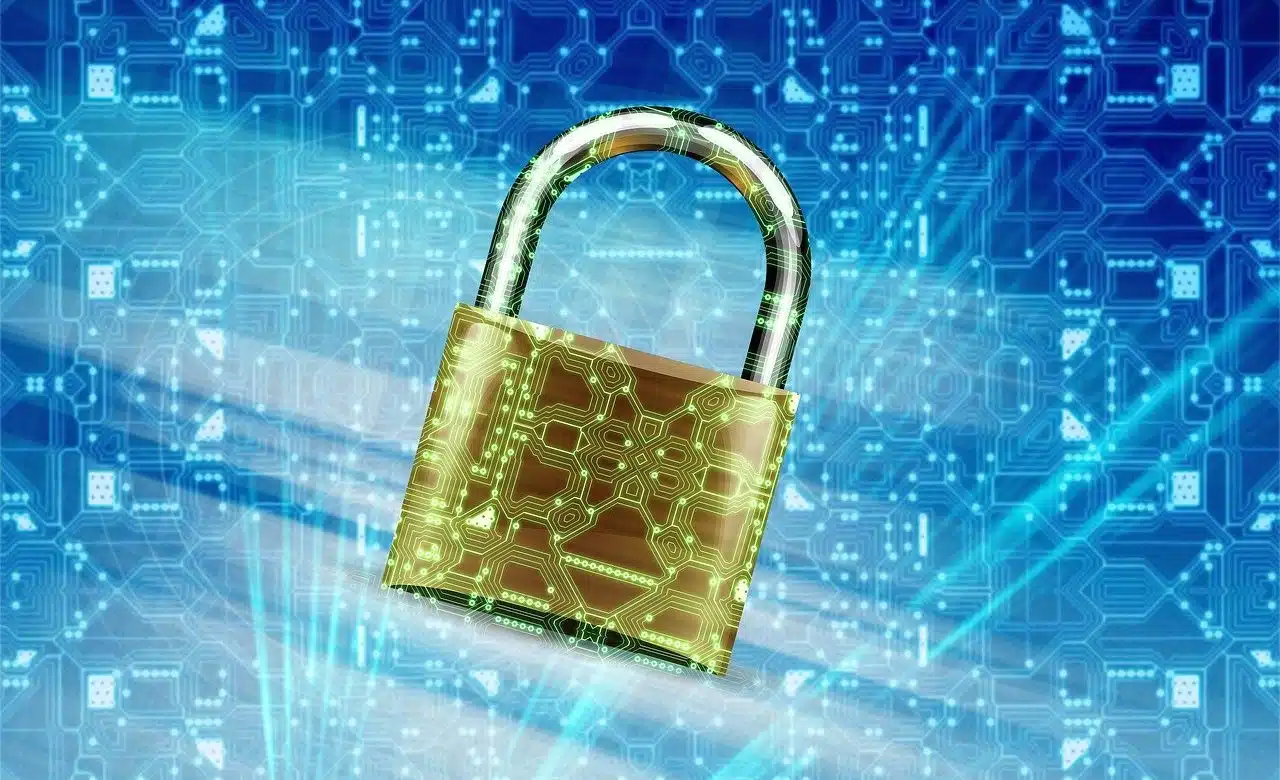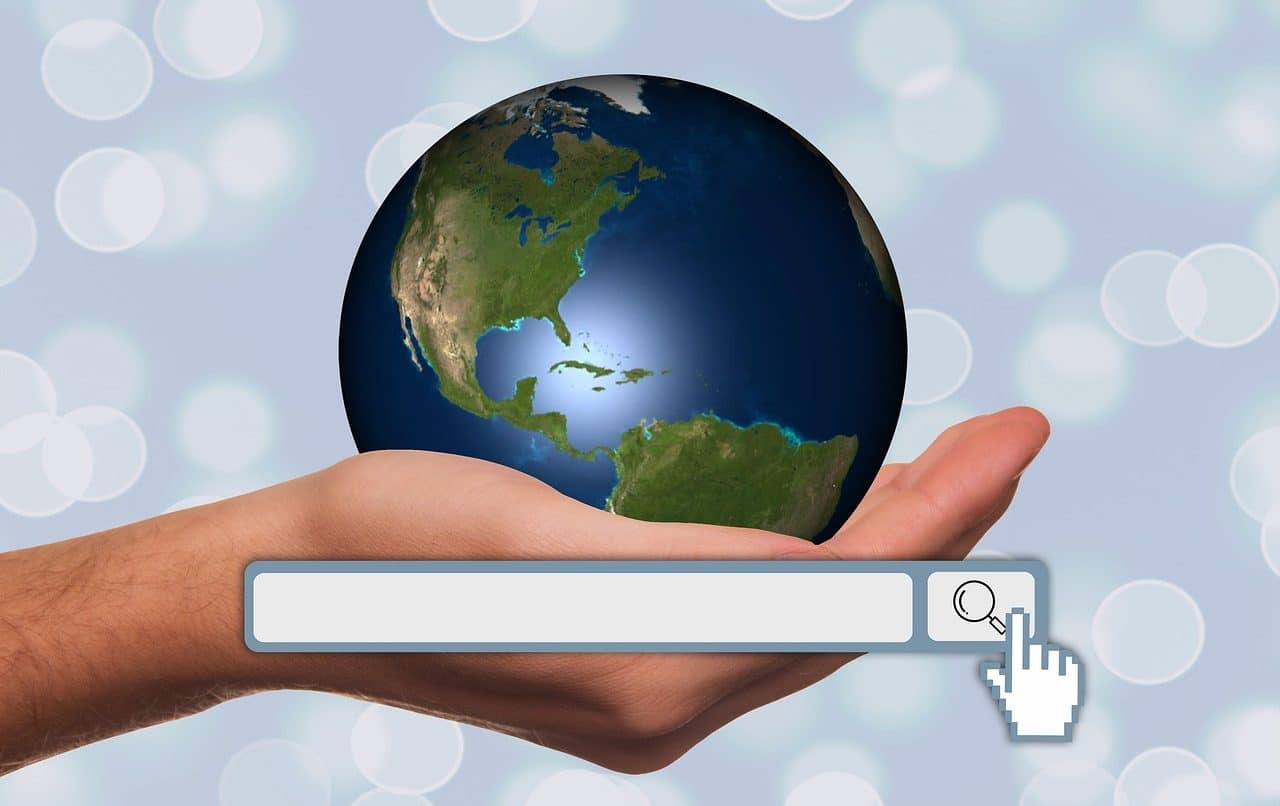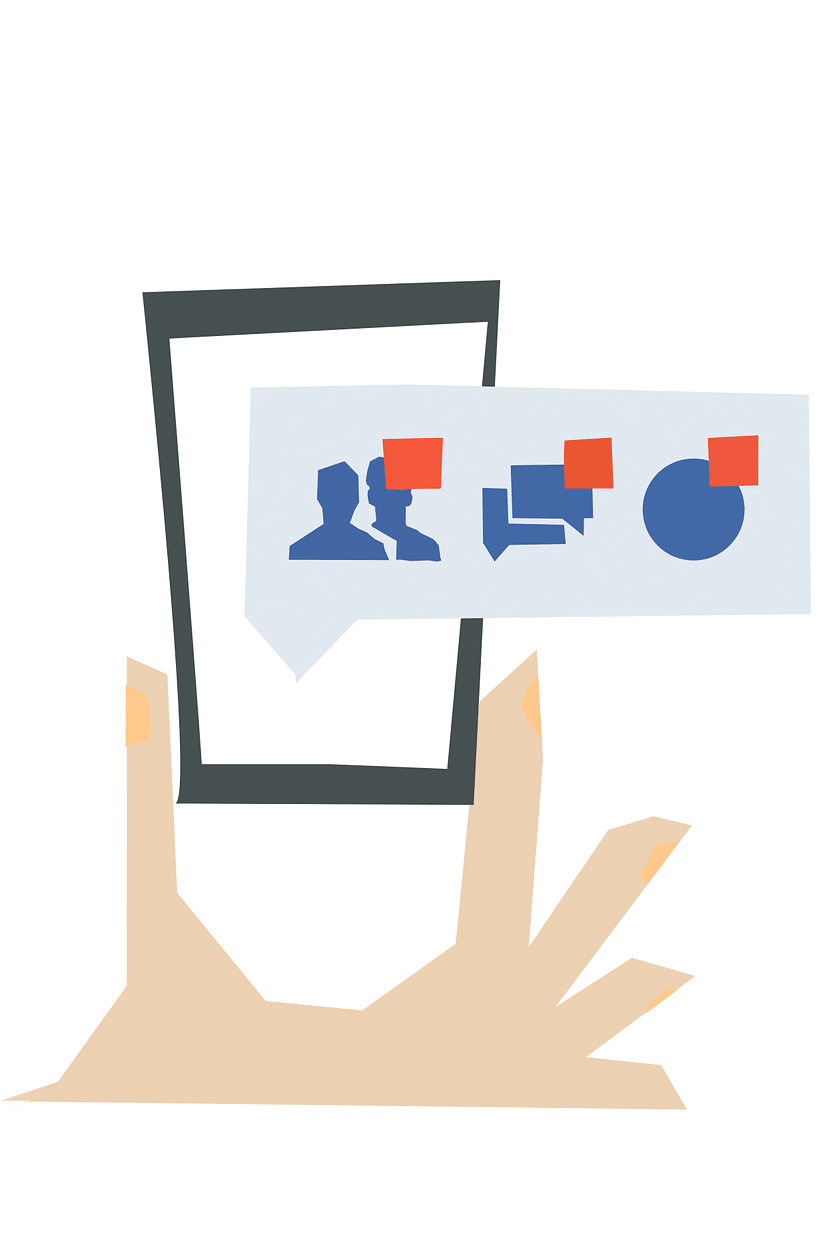
Digital rights require cybersecurity measures.
Digital rights are the powers that all people have to access, use and take advantage of computer resources, telecommunications networks and virtual platforms . It is usually considered to be the extension of human rights into the digital universe.
It should be noted that rights are powers that allow human beings to claim or do what the laws establish in their favor or that emanates from the human condition itself. The idea of digital , meanwhile, is associated in this framework with what produces, displays, stores or transfers information through a combination of bits.
Understanding that the Internet can contribute to the empowerment and development of the individual, digital rights aim to reduce inequalities and allow all human beings to make use of technological progress, benefiting from it. Likewise, the notion is associated with the protection of human rights included in the Universal Declaration of 1948 also on the virtual level.
History of digital rights
The history of digital rights begins in the mid- 1990s , when the use of the Internet began to spread. At that time, engineers, programmers, analysts, lawyers and activists began to warn about the vulnerability of Internet users in terms of legal guarantees. For example, the difference that existed between postal mail (inviolable according to legislation ) and email (which did not have any legal instrument for its protection) was raised.
The American organization Electronic Frontier Foundation ( EFF ), founded in 1990 by John Perry Barlow , John Gilmore and Mitch Kapor, is considered to have been key in the recognition of digital rights. This association promoted the law known as the Email Privacy Act in its country to protect the privacy of email and continues to carry out important work to protect civil liberties in the digital environment.
Barlow , in fact, published the Declaration of Independence of Cyberspace in 1996 , recognizing the Internet as an important instrument for improving societies. The following year, Robert B. Gelman proposed a Declaration of Human Rights in Cyberspace .
In 2011 , on the other hand, the different rapporteurs for freedom of expression of the United Nations ( UN ) agreed on a joint Declaration on Freedom of Expression and the Internet . Continuing the evolution of the concept, the UN Human Rights Council stated for the first time in 2012 that the rights that individuals have in the physical world must also be safeguarded on the Internet.

Technological monopolies threaten digital rights.
Your legal recognition
It is important to know that the UN resolution on digital rights is not legally binding. Each nation must be responsible for the recognition and regulation of these rights through corresponding laws.
Many of the rights protected in different national Constitutions have their digital counterpart, such as the protection of personal data and access to information . On the other hand, there are behaviors classified as crimes that adapt to the virtual environment (from harassment to cyberbullying and from extortion to online extortion , for example).
Specifically, to reduce the digital divide and encourage appropriate use of networks, many countries have already drafted specific standards or recommendations. One of them is Spain , which in 2021 unveiled its Digital Rights Charter . This document details six categories of rights and is intended to serve as a framework of reference.
It is possible to affirm, in short, that there is no Universal Declaration of Digital Rights nor a specific list of them. Each State decides how to carry out its recognition and how it integrates its protection into the legal system.

Online codes of conduct must provide for the protection of digital rights.
Types of digital rights
Beyond the lack of a specific list of digital rights, it is common for them to be classified into different groups according to their characteristics. These categories are thematic axes or broad questions that can give rise to one or more specific rights:
- Freedom of expression, communication and information : It implies freedom of expression on the Internet through any of the digital media and online communities , as well as the informational self-determination of each subject. If a government imposes restrictions on social media, websites or browsing, Internet censorship arises and digital rights are violated.
- Right to be forgotten and anonymity on the Internet : People can request the deletion of their personal information from directories and databases, as well as the encryption of their communications to avoid intrusions.
- Online privacy : Each individual must have the power to control who is in charge of storing their personal information, taking care of their privacy.
- Digital intellectual property : To protect copyright in the digital age and provide free access to works that belong to the public domain.
- Universal Internet access : All citizens must have the possibility of accessing the Web regardless of their economic condition, their geographical location and any other variable.
- Child protection online : Minors must have safe access to the Internet.
Other considerations
As can be seen, digital rights cover multiple aspects of online life.
Legal mechanisms must exist to protect data, guarantee the free exercise of digital activism ( cyberactivism ) and prevent, repress and punish cybercrimes. But, at the same time, Internet surveillance and control by the State to regulate online behavior should not be abusive.
On the other hand, the promotion of digital rights also requires governments to undertake media and digital literacy initiatives and campaigns against disinformation and fake news, for example. The purpose is for citizens to make responsible and positive use of computer tools.
